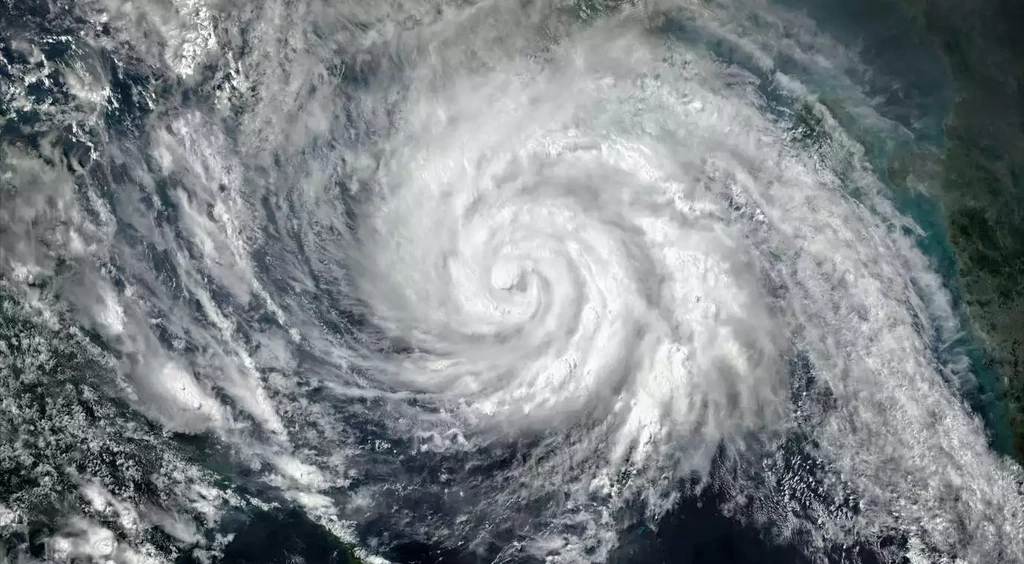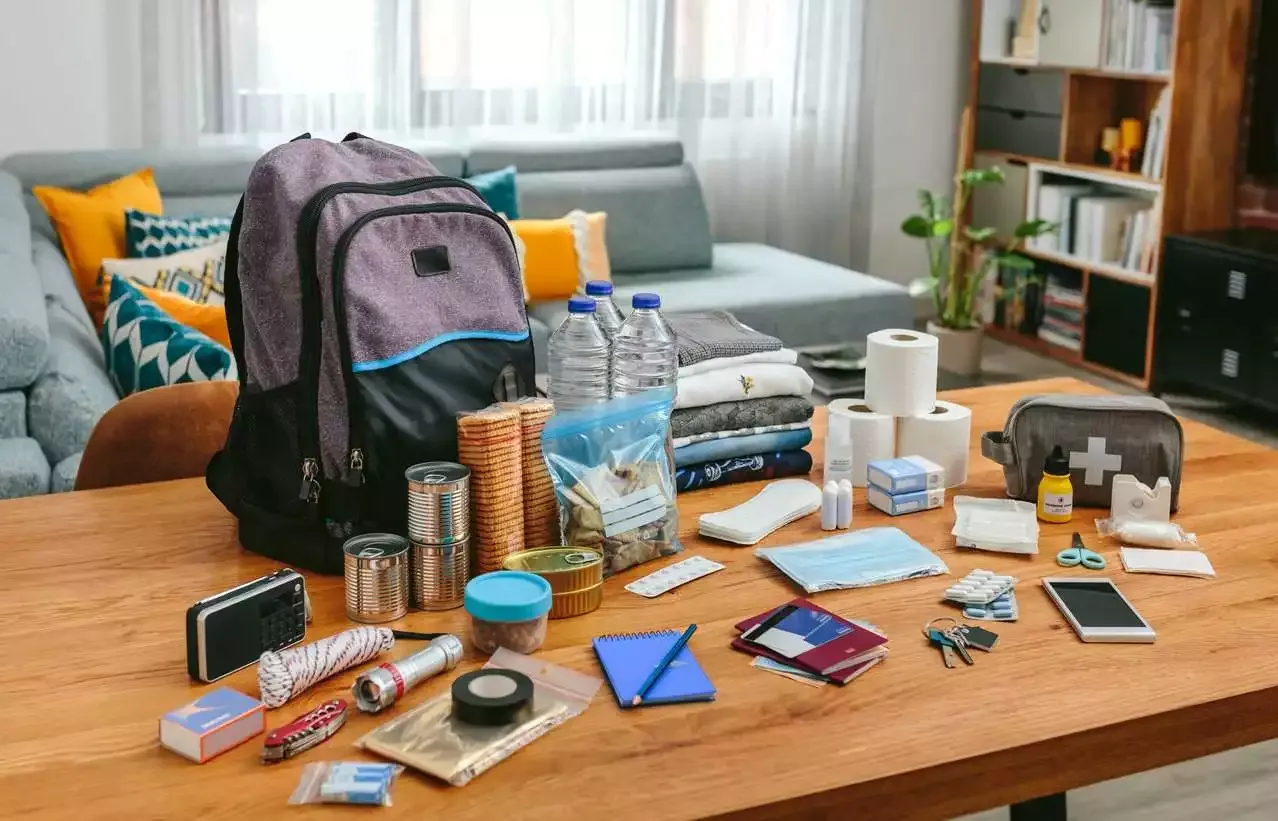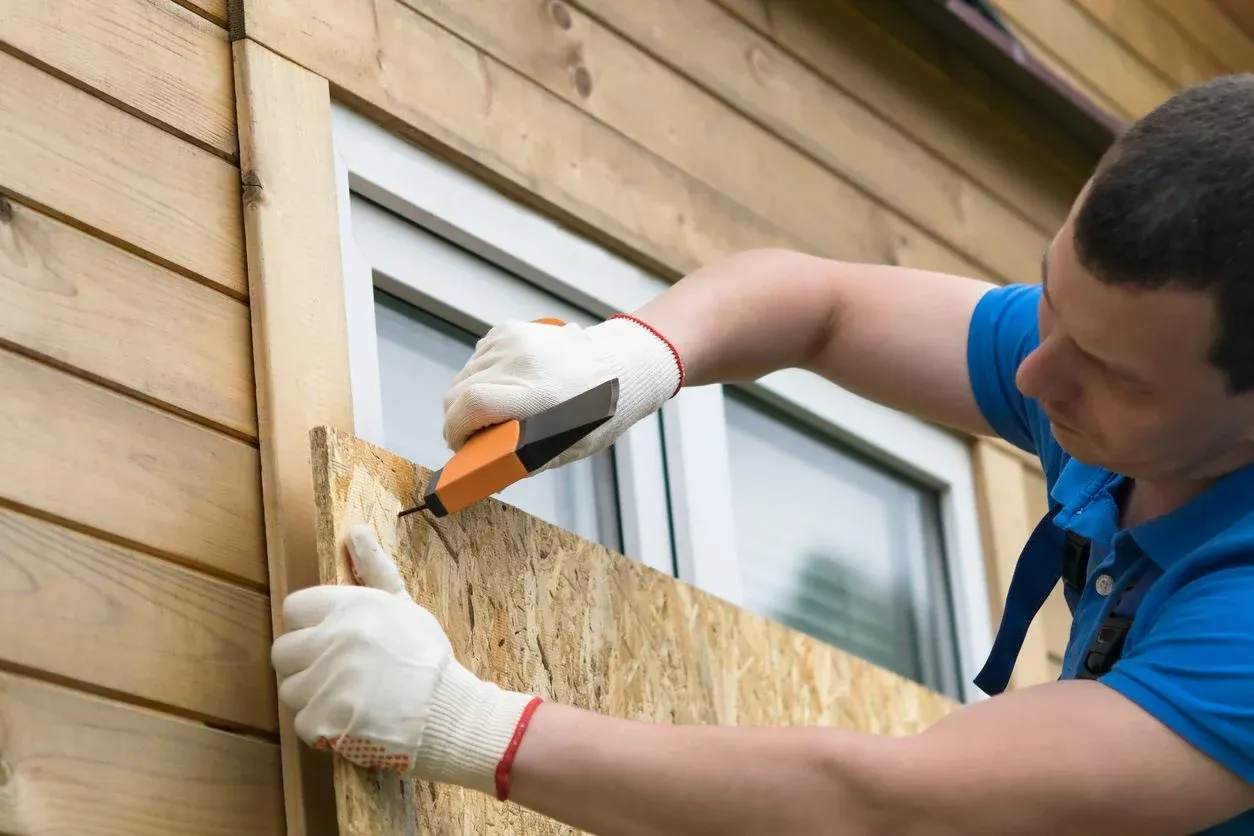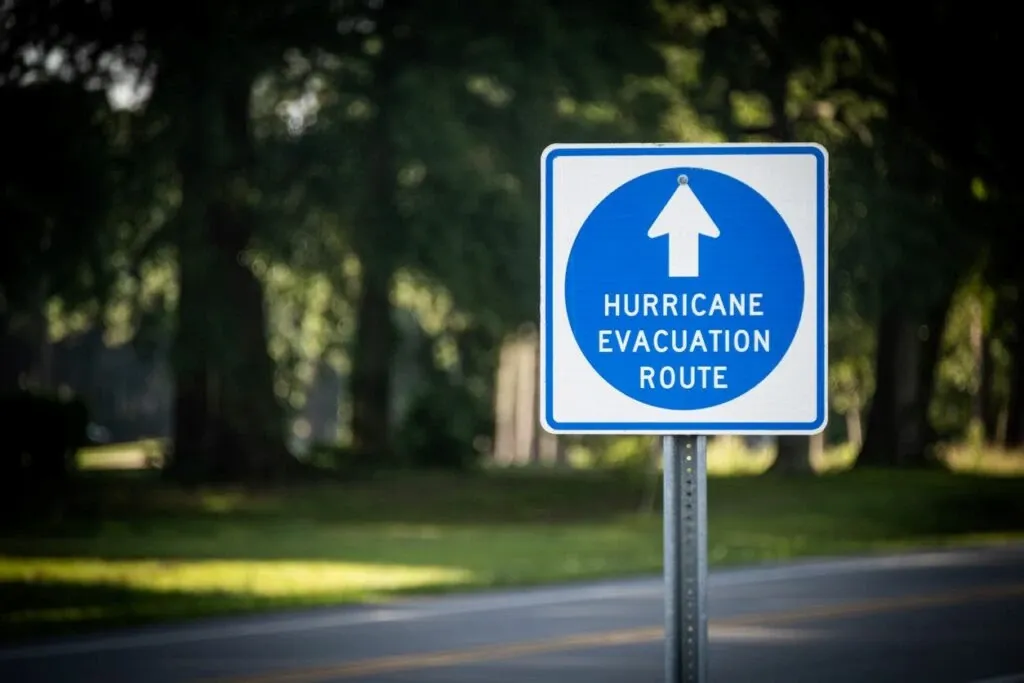Hurricane Season Guide: What You Need To Know

As the weather warms over the oceans from June to November, brewing storms make their annual voyages to the continental United States. Hurricane season is upon us, and taking the proper steps to prepare is crucial for those living in Hurricane Alley along the Gulf Coast and Atlantic Ocean.
We’ve compiled essential information and expert tips to keep you and your loved ones safe during hurricanes. Once you’ve read our blog, you’ll be prepared to create emergency plans and be ready to weather the storms.
How To Prepare for Hurricane Season

Severe weather shouldn’t take you by surprise. Just as you practiced fire drills during school, you should have a concrete plan that the whole family knows so you’re ready the next time a hurricane is in the forecast. Being prepared for a hurricane can help you increase your safety and resilience when facing this weather phenomenon. See below for some vital tips for hurricane season.
Hurricane Survival Pack Checklist
Before the season begins, your go bag should be packed and ready so you can evacuate at a moment’s notice. A go bag should be a durable, waterproof backpack with plenty of storage space stocked with essential items you may forget to grab during an evacuation. Below are some vital items you should consider packing in this bag:
- Essential medications, including EpiPens for any life-threatening allergies in your family
- A three-day supply of non-perishable canned and packaged food, including a can opener if needed
- A stocked first-aid kit
- Flashlights
- Batteries and portable phone chargers
- Whistle, for signaling help
- Laminated road maps
- Battery-powered radio
- Enough water to last your whole family three days—we suggest keeping gallons of water in your car to help ensure you won’t run out
- Cash–at least a few hundred dollars
- Important documents in a sealed, waterproof sleeve, including insurance cards, medical records, social security cards, passports, and other personal records
- Keys, including for your house and any vehicles you own
- Swiss Army knife
- Clean clothes and rain gear
- A physical list of emergency contacts and their phone numbers
- Personal sanitation supplies, including moist towelettes and hygiene products
- Care supplies for any pets you may own
Create an Evacuation Plan
Deciding where to evacuate when a hurricane hits should be done before a storm enters the radar. You won’t necessarily need to venture hundreds of miles inland, but you need to get someplace high and away from flood-prone areas. Ideally, this should be a friend or relative’s home, so you don’t need to deal with booking a hotel or rental house amidst an emergency.
Major roads will likely be incredibly congested, so plan multiple evacuation routes and have routes mapped out ahead of time.
You should put pen to paper and ensure the whole family is well aware of the plan, including family meeting places outside the home and out of town, phone numbers and contact information to have on hand, and how you will communicate with one another during an emergency.
Generally speaking, texting will be more reliable than calling. If you have children, thoroughly review your plans with them so they will be ready and less afraid if the time comes to evacuate.
What Hurricane Insurance Do I Need?
Before hurricane season begins, review your homeowner’s insurance to see if your policy covers damage from weather events. You may also want to consider investing in flood insurance through the National Flood Insurance Program (NFIP), which is often not covered by homeowners insurance and can be valuable even if you don’t live in a historically flood-prone area.

Preparing for Incoming Hurricanes
Once the weather forecaster warns of a tropical storm cooking in the Atlantic, it’s time to start getting your home and belongings ready. Begin preparing as soon as you know a hurricane is coming, and don’t leave important details to the final hour. Below are some hurricane survival tips to remember in the days leading up to the storm’s arrival.
How To Prepare a House for Hurricanes
To avoid last-minute trips to the hardware store, have all the supplies needed to secure your home before hurricane season. Below is a list of precautions you should take to help protect your dwelling from storm damage:
- Have a backup power source. Purchase a generator to power essential appliances and equipment in an outage.
- Cover windows and doors.Have plywood sheets and large nails ready to block up doors and windows. Seal openings and gaps using caulk.
- Secure outdoor belongings.Bring patio furniture and other outdoor items indoors so they don’t go flying.
- Ready the radio. Have a battery-powered radio to keep you updated on the storm in case you lose power.
- Stock up on water.Fill bathtubs with water to flush toilets if your water supply is knocked out. Freeze gallon bags of water to help food stay cold if power is lost and to have an emergency drinking water supply.
- Shut off utilities. To lower your risk of accidents, plan on how to shut off gas, electricity, and water quickly.
- Stack sandbags. Pile up walls of sandbags outside your home to help send water away.
Protecting Your Vehicles During Hurricane Season
Beyond your home, your personal, recreational, and commercial vehicles should be kept safe. Otherwise, you risk seriously hampering your wallet.
- Park in a garage.You should keep all vehicles inside garages, whether at your residence or in covered vehicle storage. If you don’t have access to a garage, park on the highest ground possible.
- Batten down the hatches. Mask all windows and doors with plywood sheets. If your vehicle is outdoors, use a heavy-duty cover, and consider placing patio cushions underneath for additional protection.
- Safeguard your boat. If your boat is in the water, review your marina’s hurricane plans. If it is on land, either anchor the trailer to the ground or invest in boat storage.
- Ready your RV.Secure your RV to the ground using an RV hurricane strap kit. Cover the vents and AC, turn off propane cylinders, and fill every tank with water after emptying them to help weigh down the vehicle.
- Prepare for evacuation. Whether evacuating in a small car or a large recreational vehicle, have your routes planned and places to stay decided and booked. Avoid driving in water, and be sure your vehicle is stocked with supplies, including blankets, before leaving.

Safeguard Your Vehicles This Hurricane Season With Honey Bee RV Storage
Do you need a secure spot to park your vehicle this hurricane season? Whether you’ve got ATVs, campers, vintage cars, or motorboats, Honey Bee RV Storage is the place to go for a parking space you can rely on. From covered parking equipped with electrical power to RV storage options with access to dump stations, we have affordable options to help you keep your vehicle safe and ready to go year-round.
To find your space, call or contact us today and find Honey Bee RV Storage at a location near you!